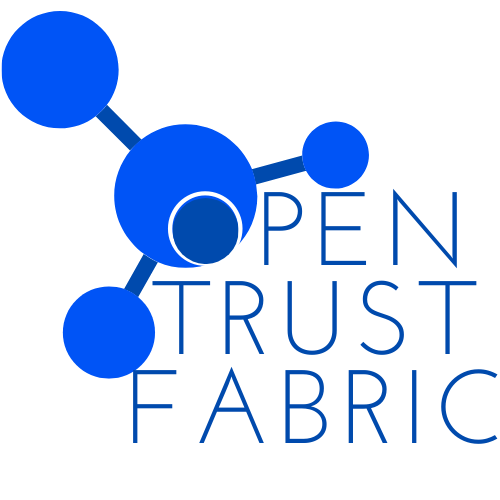As we have explained in other articles, to unlock additional value from our contracts we need to reimagine the way we construct them.
As with Ricardian contracts we need to move from pure prose to a blend of prose, metadata, and code possibly also supplemented by enhanced visualisation. In order to achieve this we need to re-think the environment that contracts are designed and used.
Whereas today each agreement is seen as a standalone document or perhaps a part private suite of documents, to achieve success there is an opportunity to share elements of the private layer in a way that both develops a wider community and also enhances our private outcomes.
There is much we can learn from open source approaches and in the context of this project it is proposed to divide the ecosystem of contracts into three levels namely global, community and local.
The diagram below shows the concept of how a global, community and private repository of contracts could work together.

There is a global public repository of contracts which are managed by a group of people/entities and can be connected with a consensus mechanism for approving changes or adding new contract documents in the repository.
Anyone can pull contracts from the public repository but pushing the changes would be dependent on the governing body and the consensus mechanism of the repository.
This process would help to eventually formalize contracts as in practice similar type of contracts only a few parts are needed to be changed during the contracting phase between contracting parties.
There could be communities with their own repository and governance rules which can be connected with the public repository. These communities could be based on different interests or sectors, and can establish standard templates for contracts in the sectors of their interest.
Different individuals or organisations can get contracts from the public repository, make changes according to their business needs and negotiate the contract to reach an agreement. They can also propose and push their changes into the originating repository.
Publication of a new standard or template will be governed in a democratic way by a Smart contact solution provided by Open Trust Fabric.
Each of the templates would be given a unique global identifier so that it can be easily referenced from other templates and from the contract, easing the reconciliation of template data with the contract data.
Based on the OTF specification any existing contracting solution could be extended or any custom tools could be developed to use the templates for the contracting phase. The contracting phase is more of an internal view among parties involved in a specific contract and most of the cases the contractual data should be kept private.
Although the contractual data is private among the involved parties, some information might be needed to be shared back up to the community and global layers along with some transactional data produced in the execution phase of the contract.
The concept of sharing while maintaining privacy will be an important balance within the approach but one that will allow for mutual benefits to flow between the layers.





